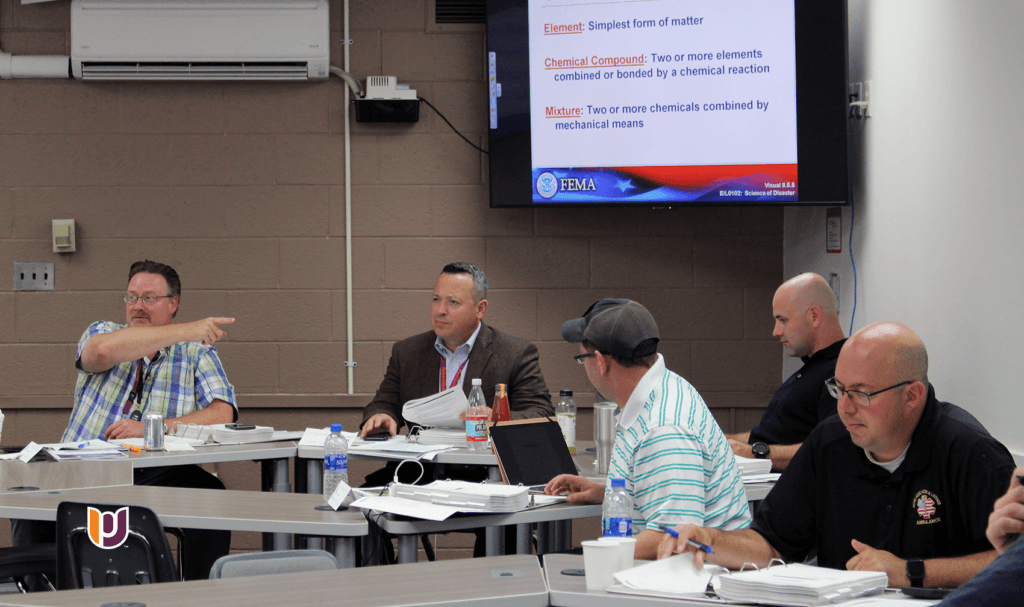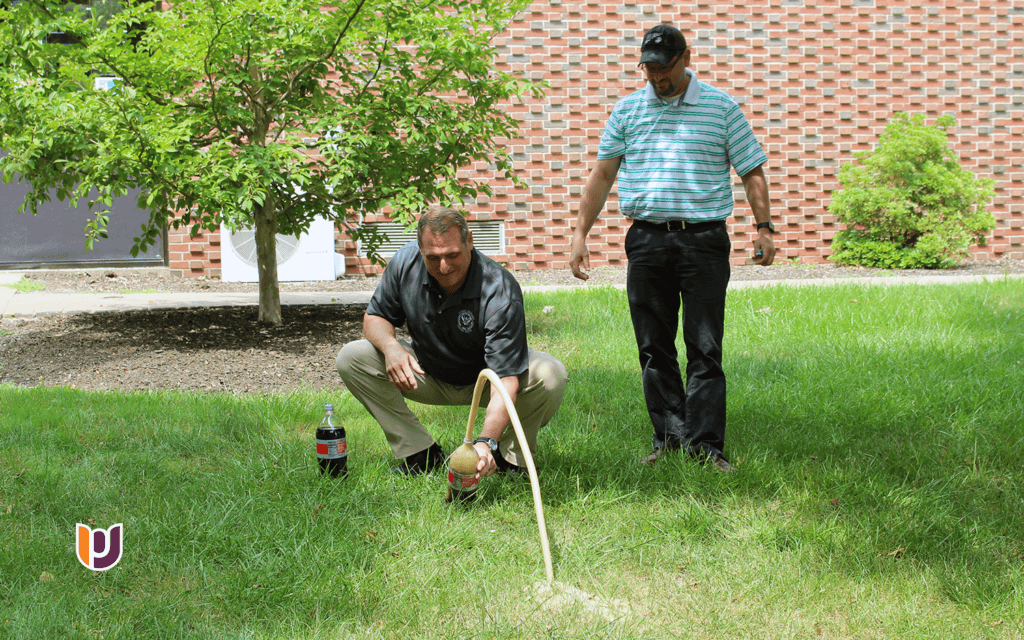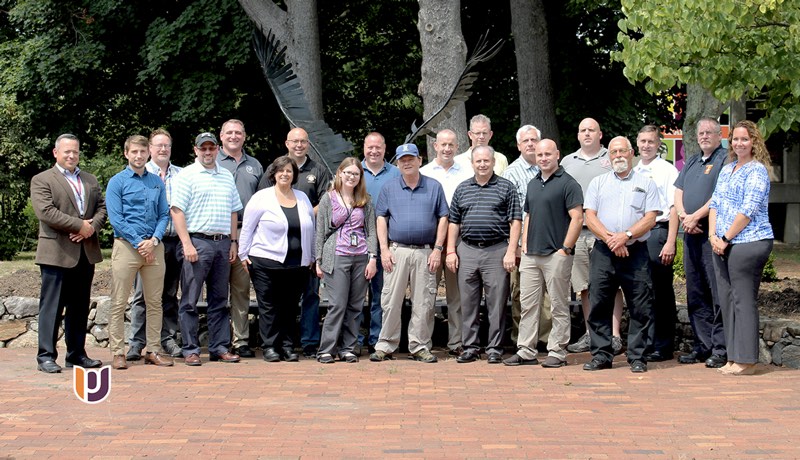Michael Wynn | Social Community Manager
Emily Theisen | Marketing Intern
In today’s world, the safety of the public is paramount for professionals working in emergency management and public service roles. Daily, our communities are threatened by natural disasters caused by weather-related events, technological disasters, such as a hazardous materials accident, and human-caused events, such as terrorist attacks or active shooter events. The Federal Emergency Management Agency (FEMA), part of the Department of Homeland Security (DHS), was established in 1979 to prepare for potential disasters as well as provide a coordinated effort between the US Federal Government and state and local officials when these events occur.
Recently, Post University was proud to host The National Emergency Management Basic Academy on campus for public service and private-sector professionals seeking formal training in managing disasters and emergencies. This was the first time FEMA offered Basic Academy courses in Connecticut.

Over the course of five-days, more than 20 early-to-mid career professionals attended demonstrations, discussions, seminars, and trainings on the science behind disasters and emergency operations planning. This was the first in a three-part series of courses aimed at providing a foundation in the principles, standards, and best practices in the emergency management field. According to David Jannetty, director of undergraduate public service programs in the John P. Burke School of Public Service and Education at Post, the academy attracted individuals from both the public and private sector.
“We have some fire chiefs here, we have people from private sector emergency management, we have volunteers from Red Cross, and other volunteer agencies so it’s a good mix of people who are representative of the emergency management spectrum,” Jannetty said.
The courses, which are facilitated by instructors certified by FEMA, integrate real-world cases to give participants a first-hand look at the types of situations they may encounter in their roles. One of those instructors just happens to also be an associate faculty member at Post and thought the campus would be a great location for the program.
“We were approached by David Heiden who is involved with FEMA as an instructor,” Jannetty shared.
“I brought David on as an associate faculty member, and he proposed the idea of bringing these courses to Post. We were on board with it from the get-go. We ran it by our Dean, James Whitley, and he was on board with it and it came together fairly quickly.”
Jannetty mentioned that Cynthia Anger, director of graduate programs in the John P. Burke School, and Lisa Gaj, Administrative Assistant to the Provost, were both instrumental in the organizing and planning necessary to bring the program to the University.

With Post hosting the academy, it not only shows the University’s dedication to providing a variety of educational opportunities for professionals in their respective fields, but underscores Connecticut’s commitment to ensuring our communities are being led by individuals capable of handling any emergency that may arise.
“It’s not only Post’s first time offering it but it’s the first time FEMA has been able to offer it in the state of Connecticut, so this is a first for the state,” Jannetty shared.
“It’s a good thing for Post because we have an emergency management and homeland security program and our Master of Public Administration program has a 9-credit concentration in emergency management and homeland security. So, it’s good exposure for the University; it’s good exposure for those two programs.”
The second and third parts of the FEMA Basic Academy will be held in January and March 2020 respectively, both on campus. Participants who complete all three parts will receive a certificate from FEMA.
